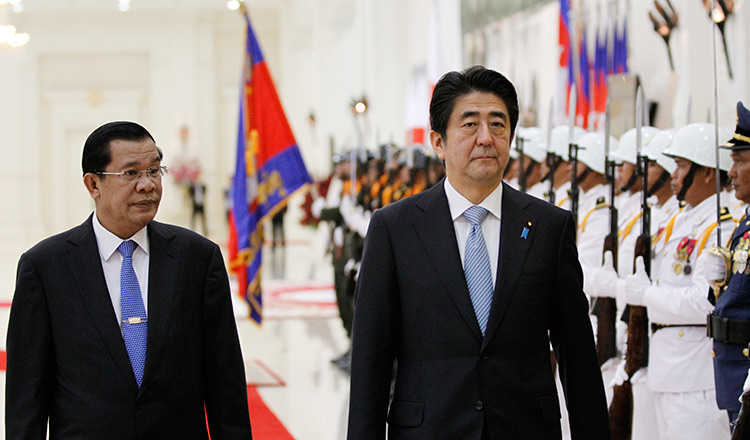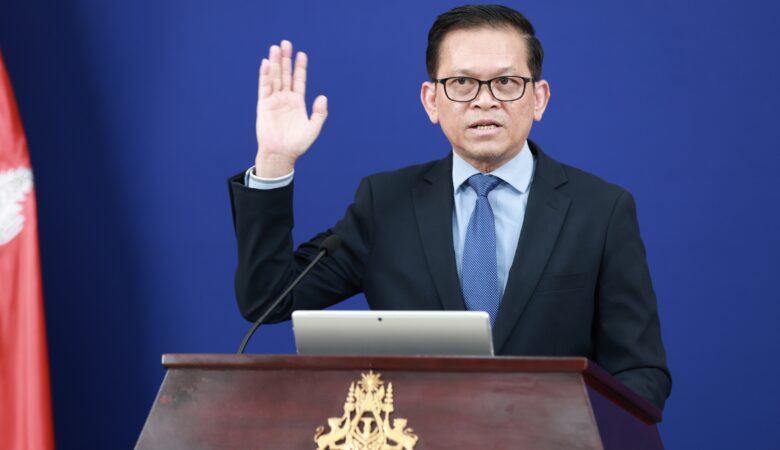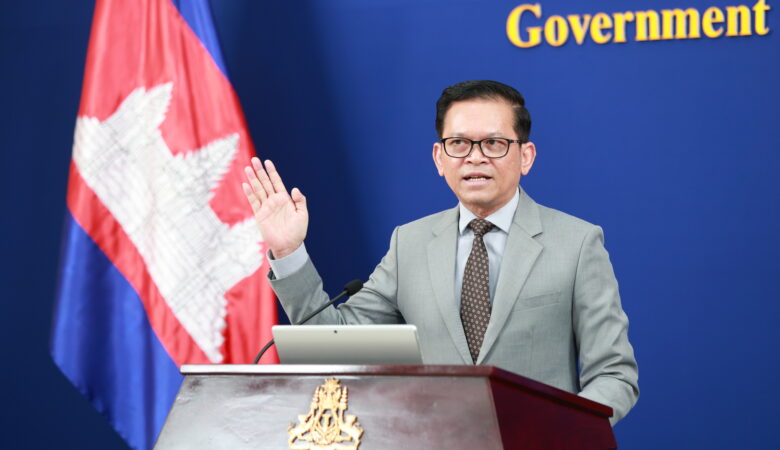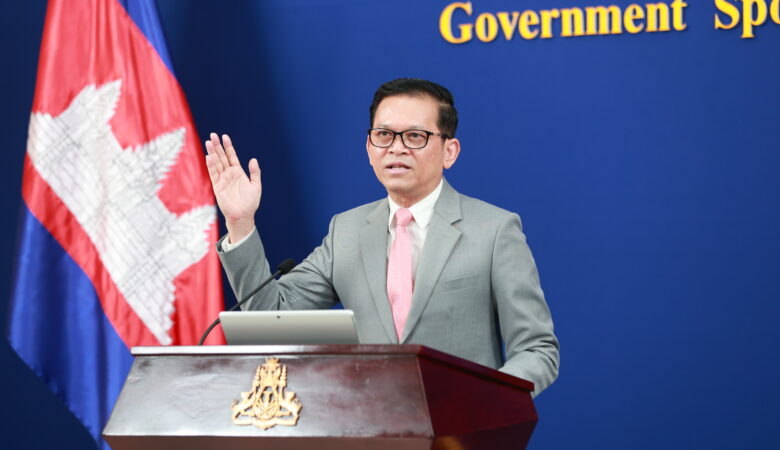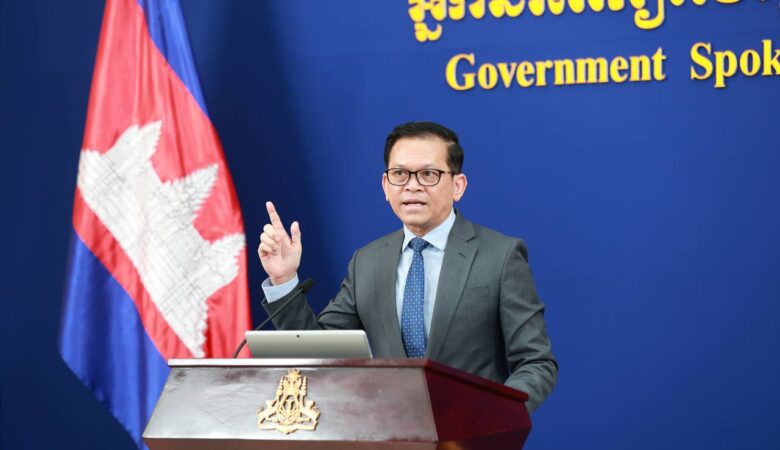Cambodia was the first country from Southeast Asia that registered the support for the Japan-initiated Free and Open Indo-Pacific Strategy (FOIP). The main reason for such move is that Cambodia perceives Japan as a benign power that sincerely assists Cambodia, from peacekeeping and peacebuilding to national reconstruction and regional integration. Japan has earned political as well as social trust from Cambodia.
Moreover, Cambodia understands that Japan’s FOIP has strong economic component and fundamental principles compatible to those of Asean. Therefore, FOIP will complement to Asean connectivity and regional integration. Japan-Asean partnership and Japan-Mekong cooperation are the key instruments in concretising FOIP.
Any multilateral initiative that has strong economic weight has higher chance of success than an initiative that is designed to realise a geostrategic agenda. Asean in particular is cautious in responding to any initiatives that potentially create a geopolitical divide in the region and hinders Asean-driven mechanisms.
Japan’s FOIP, in principle, is an open and comprehensive concept. It neither aims to exclude any country nor create a new institution to override or undermine existing regional mechanisms.
Japan has adjusted its strategy and approach accordingly after receiving concerns from some regional countries that Asean-led architecture might risk being marginalised by FOIP, especially the informal security mechanism among Australia, India, Japan and the United States (the Quad). Notably, there is no clear institutional linkage between FOIP and the Quad.
Japan’s FOIP has three main pillars, namely the promotion and strengthening of fundamental principles such as the rule of law, freedom of navigation and free trade; the pursuit of economic prosperity with the emphasis on connectivity projects both hard and soft infrastructures; and commitment for peace and stability with a focus on capacity building and cooperation on non-traditional security issues such as humanitarian assistance and disaster relief and peacekeeping operations.
Concerning the rule of law at sea, Japan has three principles. Firstly, states shall make and clarify their claims based on international law. Secondly, states shall not use force or coercion in trying to drive their claims. Thirdly, states shall seek to settle disputes by peaceful means. These principles are generally in line with Asean.
With regards to hard connectivity projects in Cambodia, Japan has developed Sihanoukville Port-new container terminal development project, multipurpose terminal development project and related technical cooperation programs- and renovation project of national road No. 5 among others. Relating to soft connectivity projects, Japan has supported the improvement of logistics system and the legal and judicial development.
Asean, under the stewardship of Indonesia, has drafted its own version of the Indo-Pacific by stressing the principles of inclusivity, openness, complementarity, transparency, and the rule of law.
Advancing a rules-based order is the most important value and principle of Asean, but it is difficult to realise due to the lack of common understanding on what constitute the rules-based order. Some outstanding questions are: what are the rules? who set the rules?
The main cooperation areas under the Asean’s Indo-Pacific Outlook include maritime cooperation, connectivity and sustainable development.
Asean-led mechanisms such as East Asia Summit (EAS) and ASEAN Defence Ministers’ Meeting-Plus (ADMM Plus) are the most important platforms to discuss regional issues, socialise norms, and coordinate actions for the Indo-Pacific region. So there is no need to invent a new regional mechanism.
Cambodia, like other Asean member states, does not wish to see any multilateral initiatives, including FOIP, that undermine Asean centrality and the existing Asean-driven mechanisms. Asean must be at the core of regional architecture.
Asean centrality here refers to the collective and common interest of Asean, the convening power (providing venues for dialogues), agenda setting power (setting and driving regional agenda that serve the common interests of Asean), the power to shape and mould regional order, and the capacity to manage the dynamics of major power relations.
Cambodia supports Japan’s FOIP because it believes that the initiative will contribute to the realisation of Asean community and will not undermine the Asean-led mechanisms and Asean centrality.
Cambodia-Japan bilateral cooperation will be further enhanced under the framework of FOIP. The upcoming visit of Prime Minister Hun Sen to Tokyo by the end of this month will reassure the importance of the bilateral relationship as well as Cambodia’s support for Japan’s FOIP.
Chheang Vannarith is President of the Asian Vision Institute (AVI).
Source : Khmer times.

